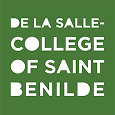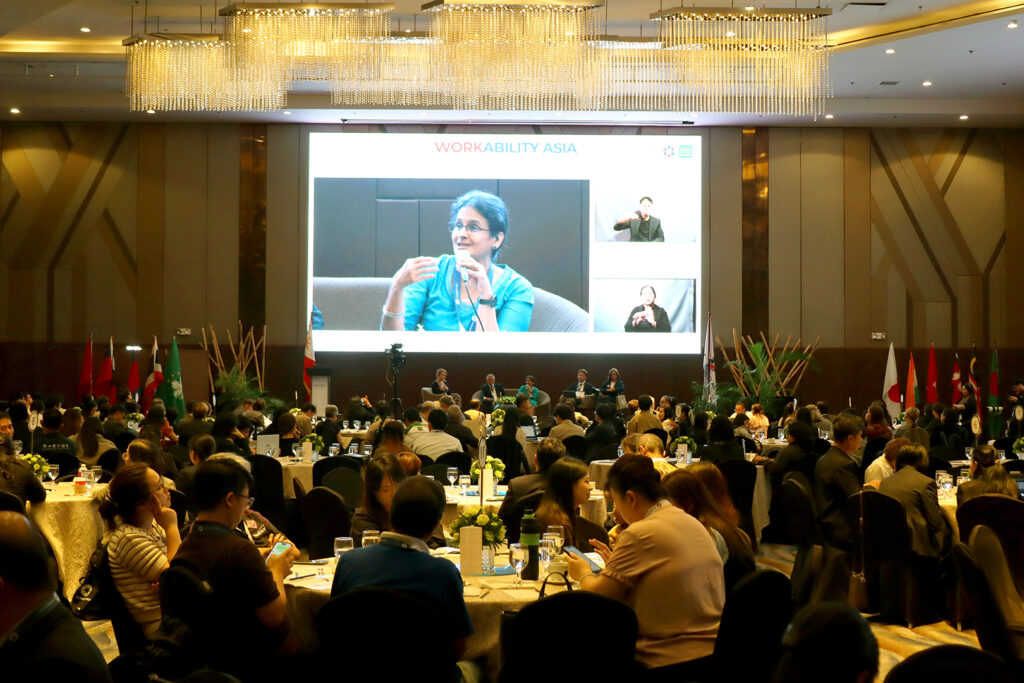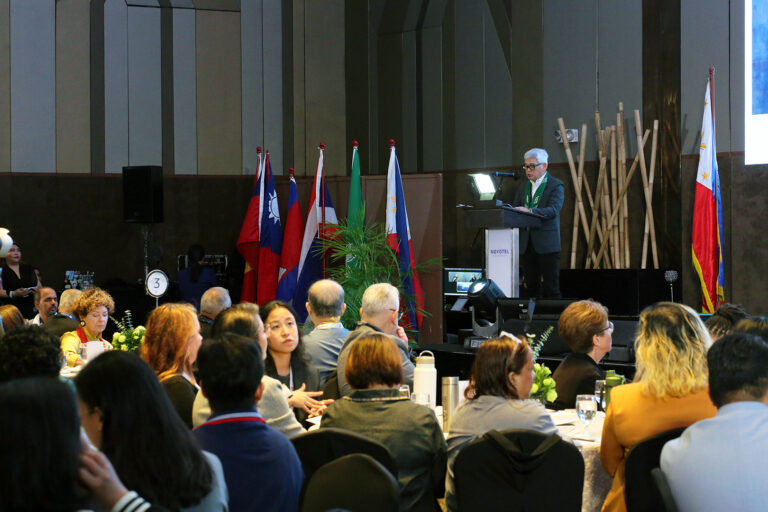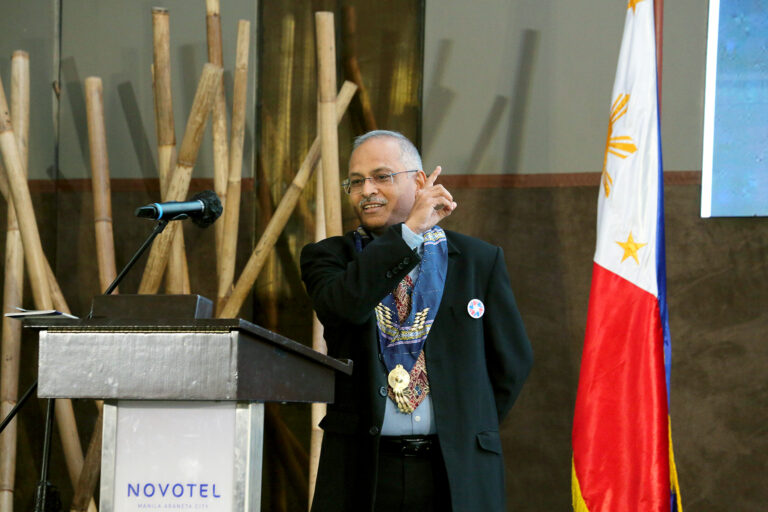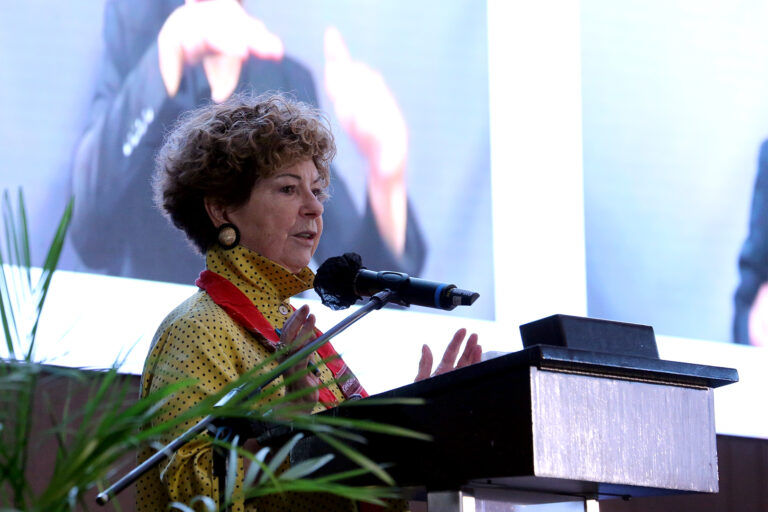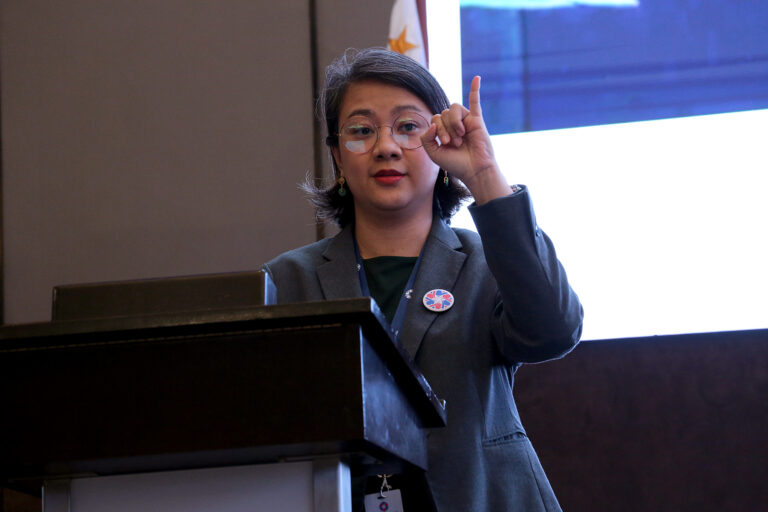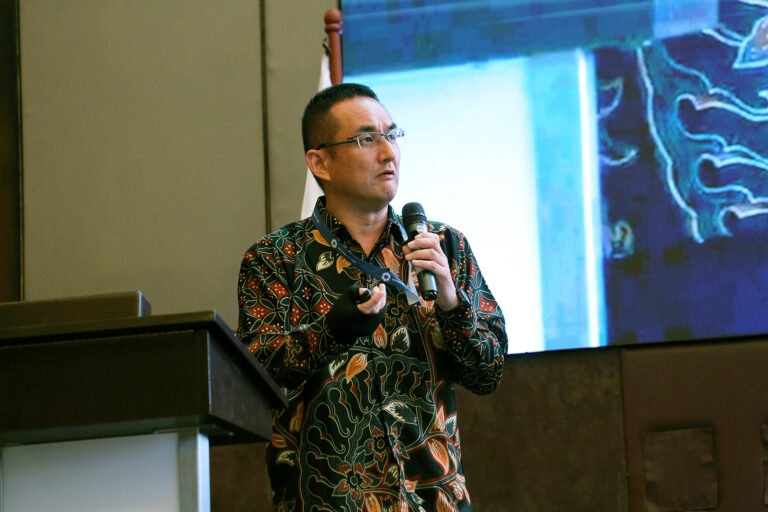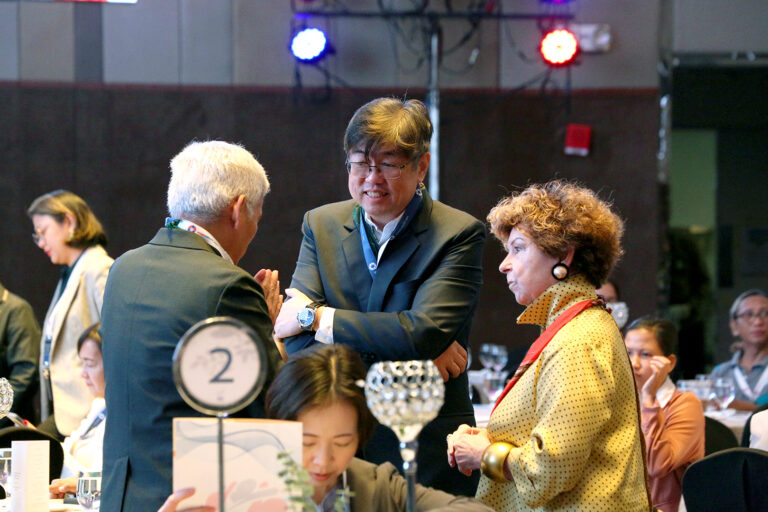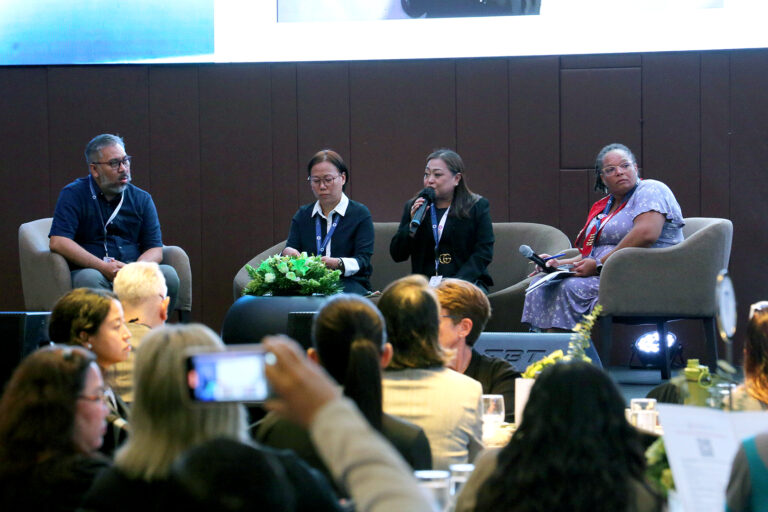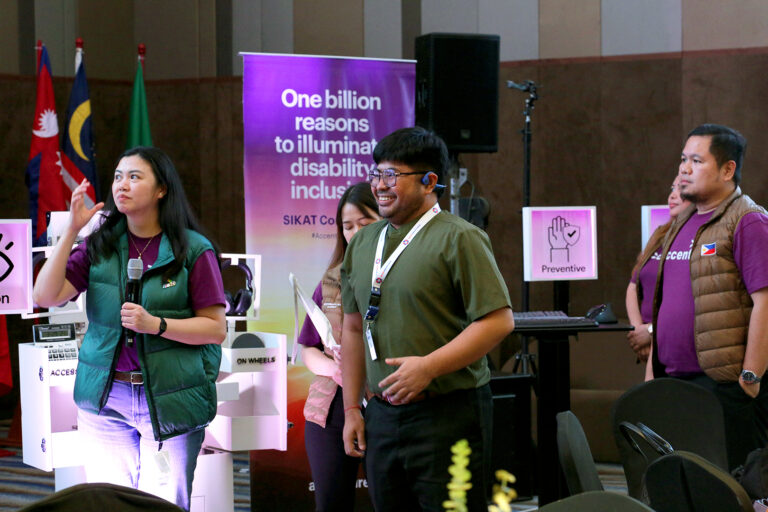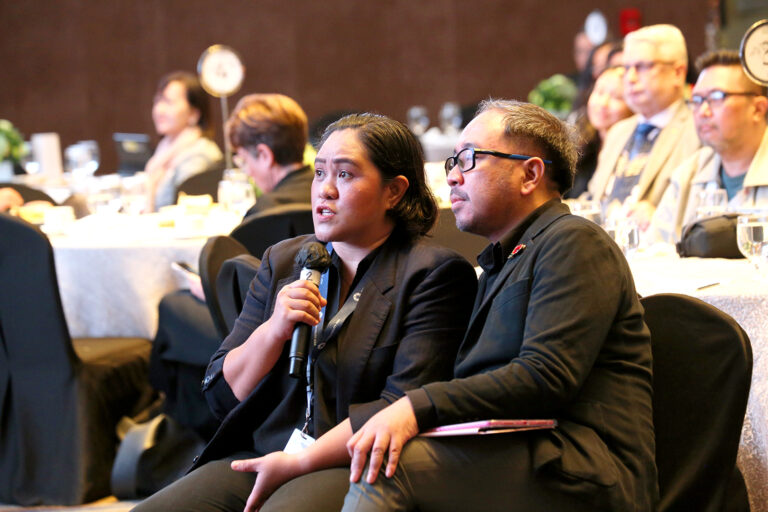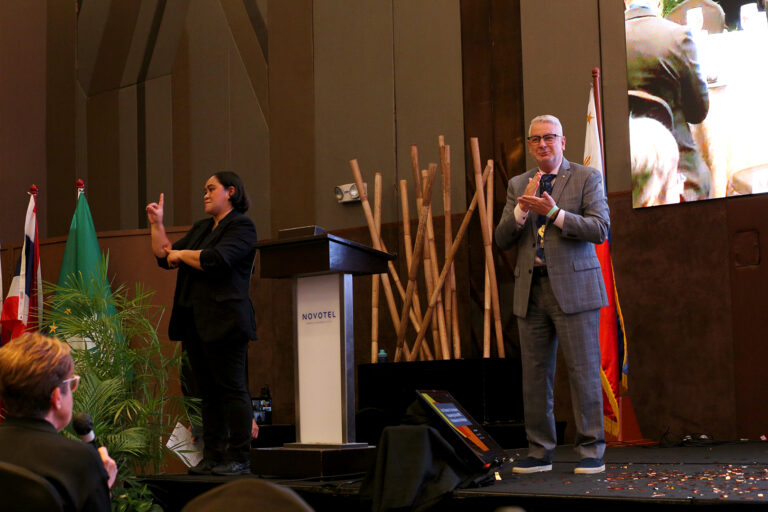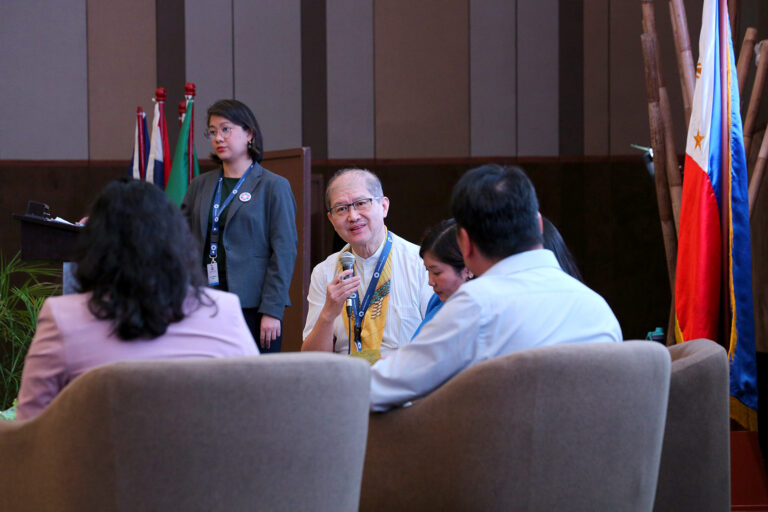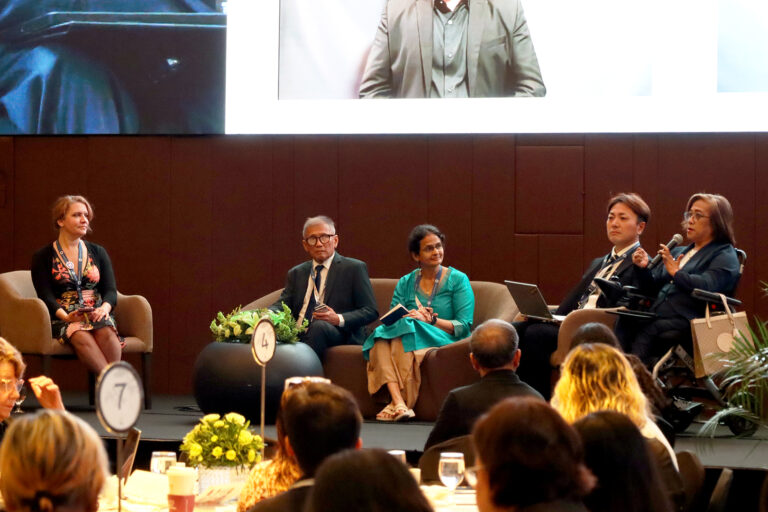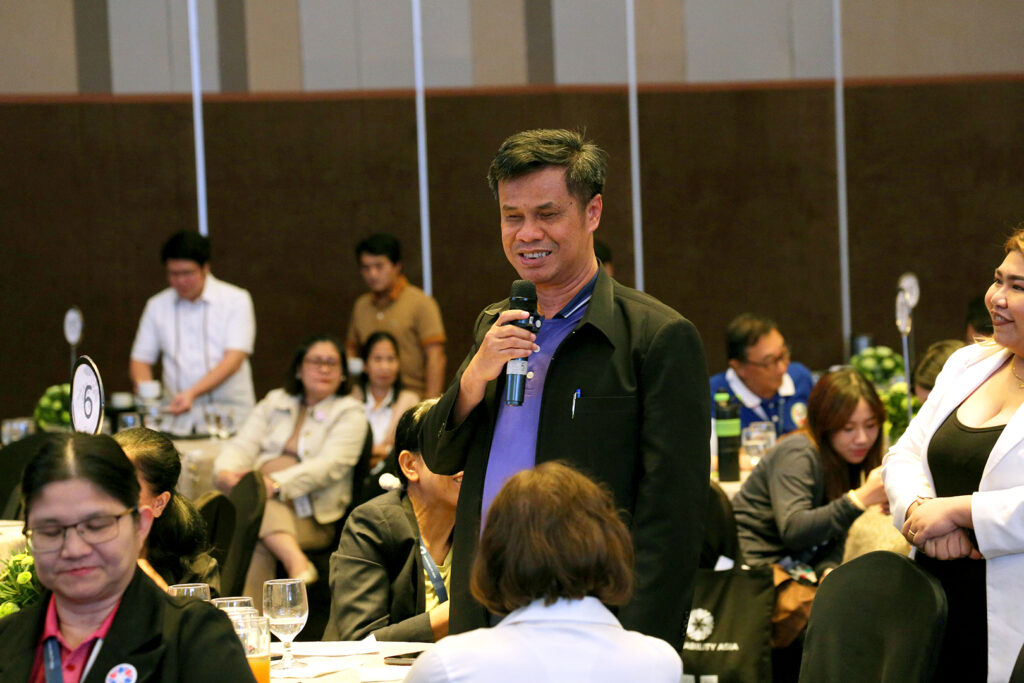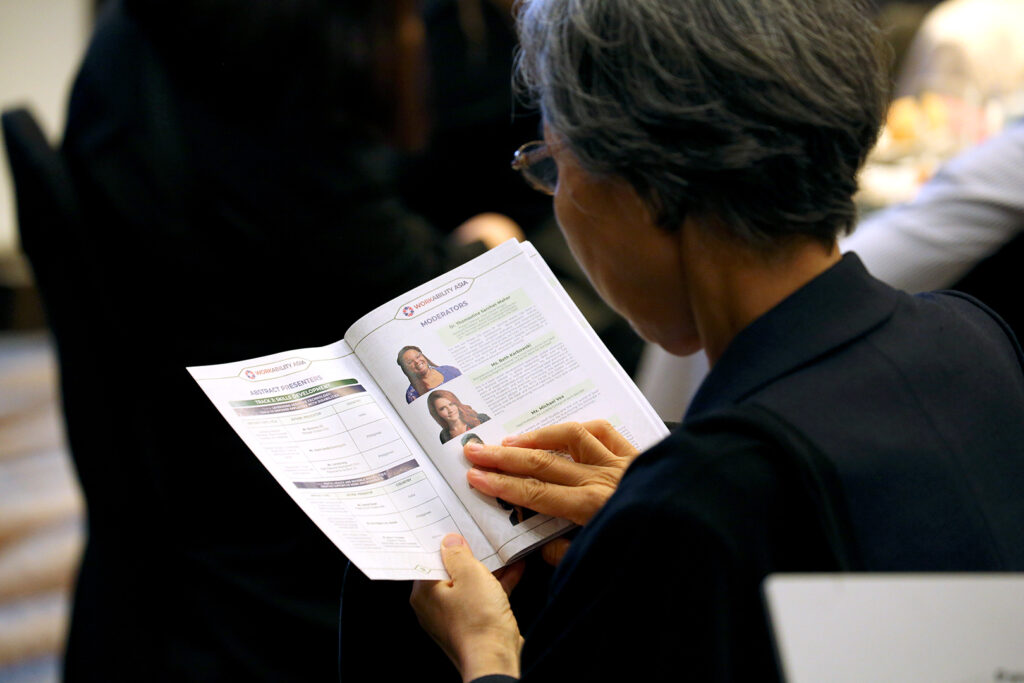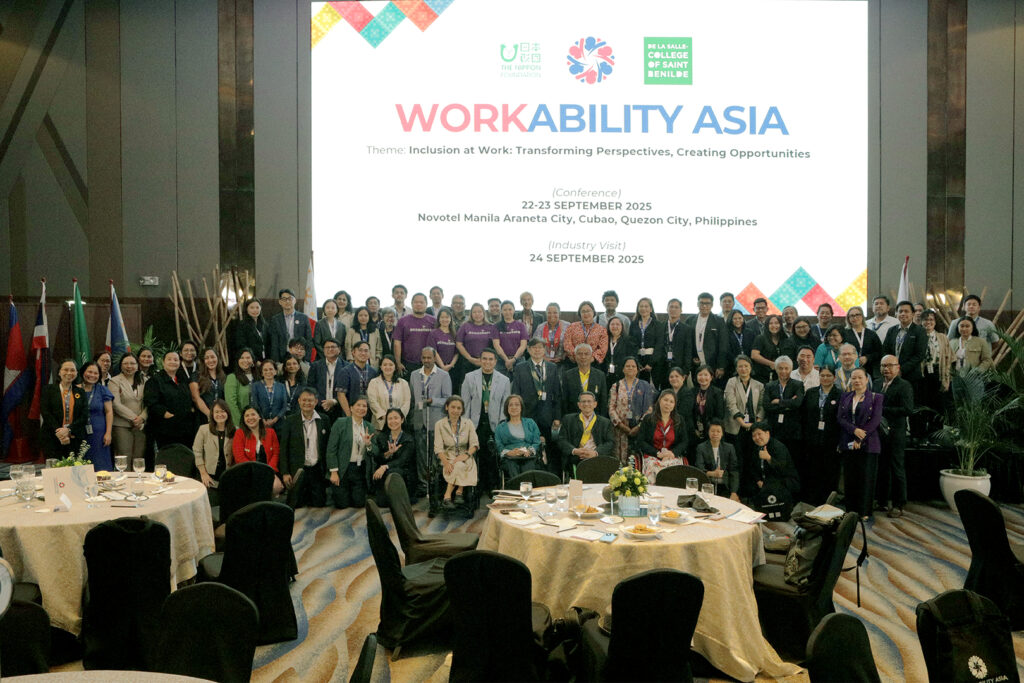Menu
Close
- Programs
- About Benilde
- Registrar
- Payment Options
- Admissions
Admission Information
- First-Year College (1st Term AY 2026-2027)
- First-Year College (3rd Term AY 2025-2026)
- Transferees and Second-Degree Takers (3rd Term AY 2025-2026)
- Benilde Antipolo First-Year College and Transferee (AY 2026-2027)
- Senior High School (AY 2026-2027)
- Deaf Junior High School (AY 2026-2027)
- Express Lane for Benilde SHS Students Transitioning to College (AY 2026-2027)
- Green Lane for Students of De La Salle Philippines Schools (AY 2026-2027)
- Graduate Studies (3rd Term AY 2025-2026)
- Expanded Tertiary Education, Equivalency and Accreditation Program (3rd Term AY 2025-2026)
Frequently Asked Questions
Important Reminders
- Programs
- About Benilde
- Registrar
- Payment Options
- Admissions
Admission Information
- First-Year College (1st Term AY 2026-2027)
- First-Year College (3rd Term AY 2025-2026)
- Transferees and Second-Degree Takers (3rd Term AY 2025-2026)
- Benilde Antipolo First-Year College and Transferee (AY 2026-2027)
- Senior High School (AY 2026-2027)
- Deaf Junior High School (AY 2026-2027)
- Express Lane for Benilde SHS Students Transitioning to College (AY 2026-2027)
- Green Lane for Students of De La Salle Philippines Schools (AY 2026-2027)
- Graduate Studies (3rd Term AY 2025-2026)
- Expanded Tertiary Education, Equivalency and Accreditation Program (3rd Term AY 2025-2026)
Frequently Asked Questions
Important Reminders
We use anonymous browser storage to recognize returning visitors. No personal data is collected.
